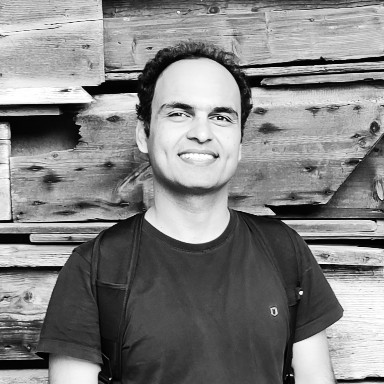Monday, February 27, 2023 | 02:00 pm (CET) | Room: S.2.42 | | Alpen-Adria-Universität Klagenfurt
Dr. Farzad Tashtarian | Department of Information Technology (ATHENA Christian Doppler (CD) Laboratory)
Abstract: Empowered by today’s rich tools for media generation and collaborative production and convenient network access to the Internet, video streaming has become very popular. Dynamic adaptive video streaming is a technique used to deliver video content to users over the Internet, where the quality of the video adapts in real time based on the network conditions and the capabilities of the user’s device. HTTP Adaptive Streaming (HAS) has become the de-facto standard to provide a smooth and uninterrupted viewing experience, especially when network conditions frequently change. Improving the QoE of users concerning various applications‘ requirements presents several challenges, such as network variability, limited resources, and device heterogeneity. For example, the available network bandwidth can vary over time, leading to frequent changes in the video quality. In addition, different users have different preferences and viewing habits, which can further complicate live streaming optimization. Researchers and engineers have developed various approaches to optimize dynamic adaptive streaming, such as QoE-driven adaptation, machine learning-based approaches, and multi-objective optimization, to address these challenges. In this talk, we will give an introduction to the topic of video streaming and point out the significant challenges in the field. We will present a layered architecture for video streaming and then discuss a selection of approaches from our research addressing these challenges. For instance, we will present approaches to improve the QoE of clients in User-generated content applications in centralized and distributed fashions. Moreover, we will present a novel architecture for low-latency live streaming that is agnostic to the protocol and codecs that can work equally with existing HAS-based approaches.
Bio: Farzad Tashtarian (M’15) is a post-doctoral researcher in the ATHENA project at the Institute of Information Technology (ITEC), Alpen-AdriaUniversitat Klagenfurt (AAU). Before joining ATHENA, he was an assistant professor at the Azad University of Mashhad, Iran. He received his Ph.D. from the Ferdowsi University of Mashhad in Computer Engineering.
As a researcher, he co-authored more than 60 papers published in prestigious journals such as IEEE Transactions of Vehicular Technology, IEEE Transactions on Network Service and Management, IEEE Transactions on Multimedia, Elsevier Computer Communication, and IEEE Access and difference conferences. He is a member of the Technical Program Committee of several international conferences. His current research areas of interest are end-to-end latency and QoE in video streaming, video networking, software-defined networking, network function virtualization, mathematical modeling, and distributed optimization. Further information is at https://tashtarian.net/.

